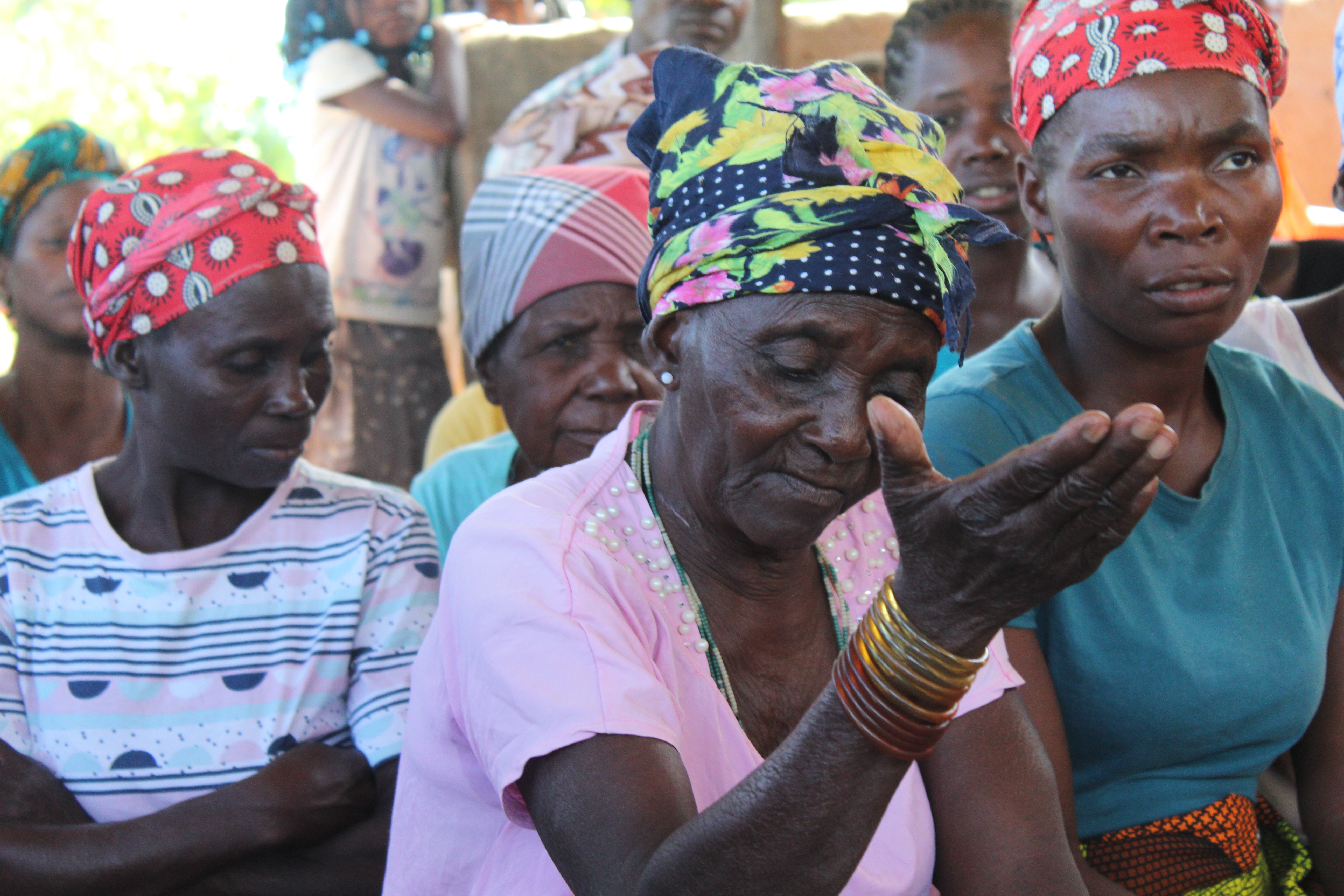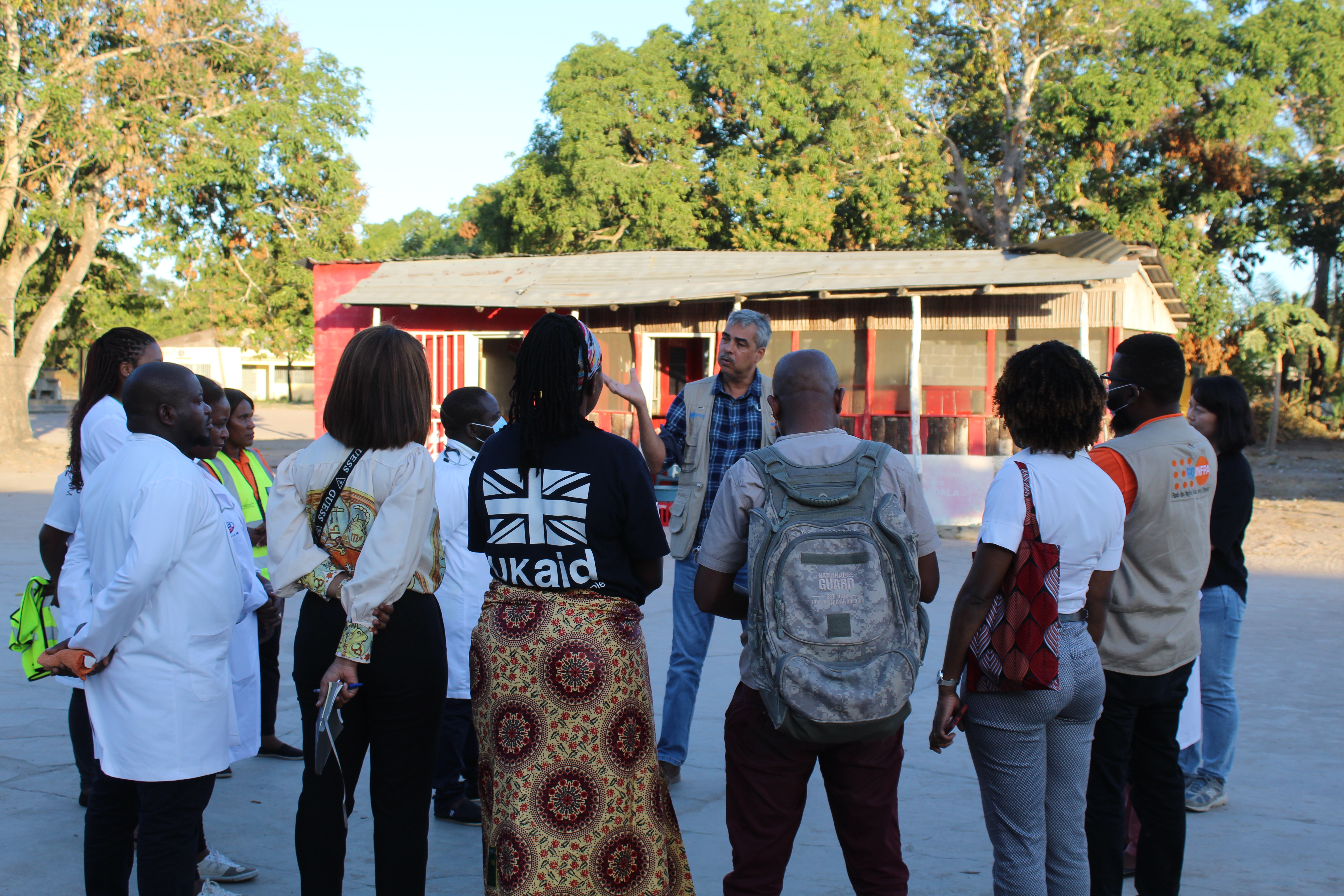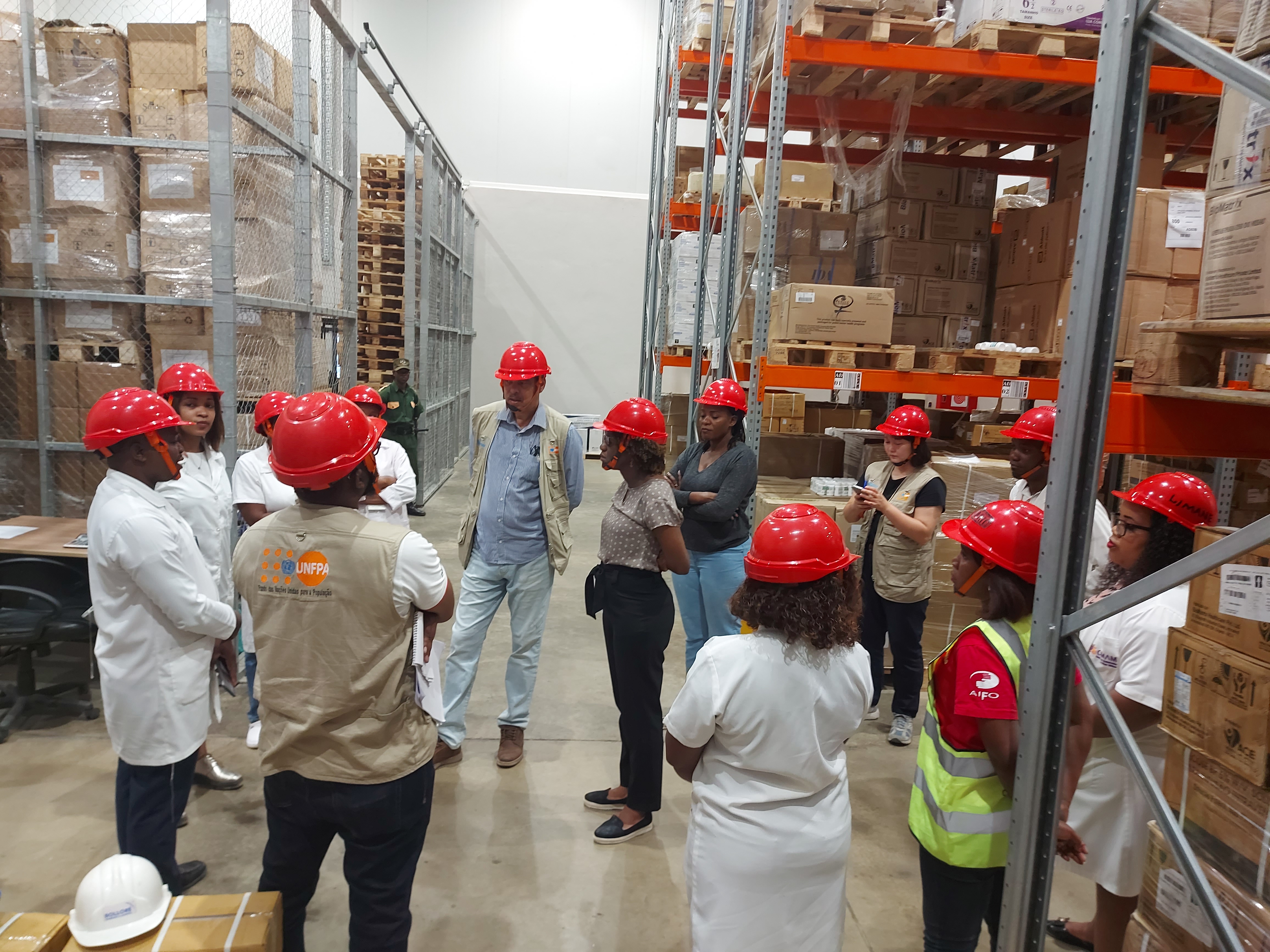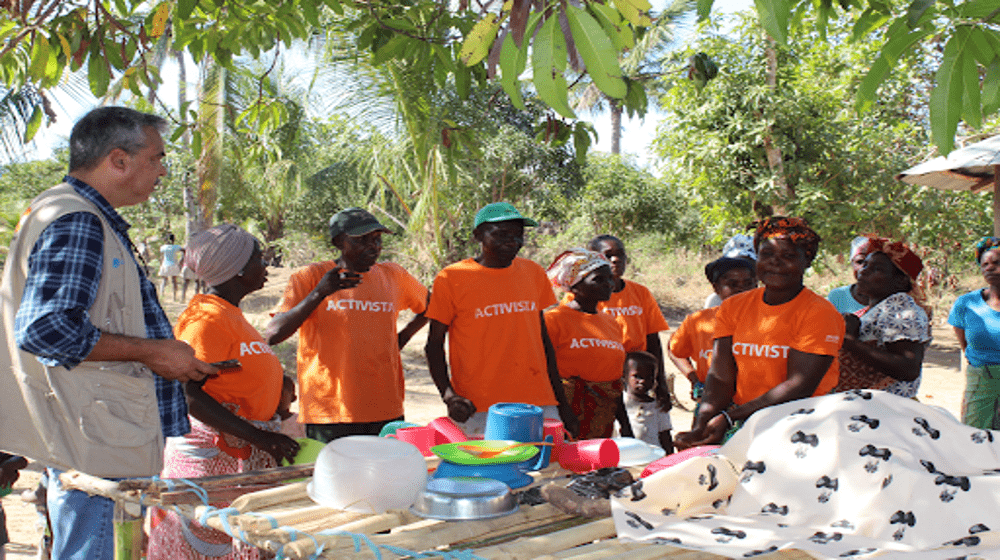Zambezia, Mozambique - Curungo, a small community in Zambezia province, is witnessing tremendous positive change, largely driven by the efforts of a small group of passionate activists. With 27 members, more than half of whom are women over 40, these activists are part of local community health committees working tirelessly to promote sexual and reproductive health and rights in the province.
“We have been very supportive of our community members, disseminating messaging about where and how to access sexual and reproductive health services”.
Julia Loforte, a traditional midwife, proudly shares: “We have been very supportive of our community members, disseminating messaging about where and how to access sexual and reproductive health services”.

in the community ©Helder Xavier/UNFPA Mozambique
Complementing other existing activities, the work of the activists is encouraging more women and youth to seek the sexual and reproductive health (SRH) services available to them at health facilities and in mobile brigades.
Anecdotally, the activists share that dozens of women they’ve spoken to have since started using a form of family planning. In addition to raising awareness about contraceptive use, the activists also work hard to prevent and combat early marriages – another issue of concern in the community.
To do this invaluable work, the activists received specialized training under a UNFPA-supported project, funded by the British High Commission, which aims to ensure contraceptive availability throughout the country and strengthen the provision of integrated, quality family planning services for women, youth, and adolescents.

Medical Officer of Nicoadala ©Helder Xavier/UNFPA Mozambique
To witness such success, representatives of the British High Commission, UNFPA, and the Ministry of Health visited project activities in Zambezia province. They interacted with service providers and members of the community.
Through the project, in 2022, more than 9,900 adolescents and youth in Zambezia province were able to access sexual and reproductive health services through mobile brigades and within youth-friendly spaces (YFS).
In addition, the project contributed to an overall increase in family planning coverage in the province - from 4 % in 2021 to 58% in 2022, with the contraceptive implant being the most widely used method.
The delegates visited health facilities in various districts, where they were able to observe in detail the process of providing family planning services, as well as visit an intermediate storage facility that stocks contraceptives, among other health items.

©Helder Xavier/UNFPA Mozambique
During the visit, Amir Modan, UNFPA’s Sexual and Reproductive Health Team Leader, highlighted the agency's efforts to ensure the availability of contraceptives in health facilities and avoid stock-outs, reiterating that through various funding support, UNFPA provides nearly 50% of the contraceptive methods available in the country.
From last-mile assurance and supporting supply chain management to training activists on community engagement and message delivery, communities like those in Zambezia province are becoming more aware of available services and their sexual and reproductive health and rights.
The British High Commission and UNFPA continue to support these efforts, working in collaboration with the Government of Mozambique to ensure that more women, youth, and adolescents have the support and services available to make informed and empowered decisions about their bodies and future.


